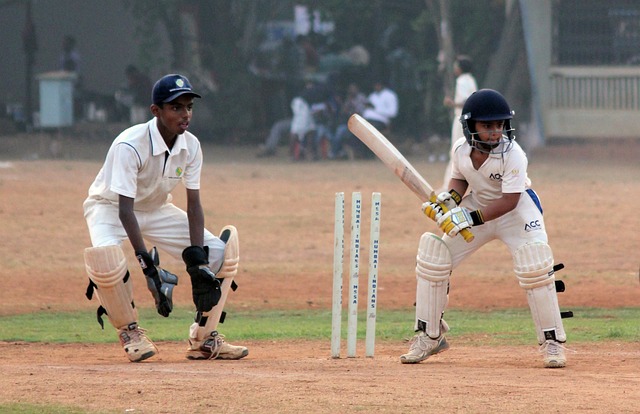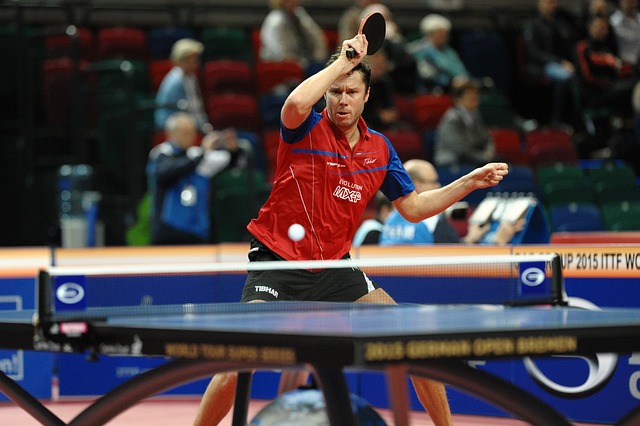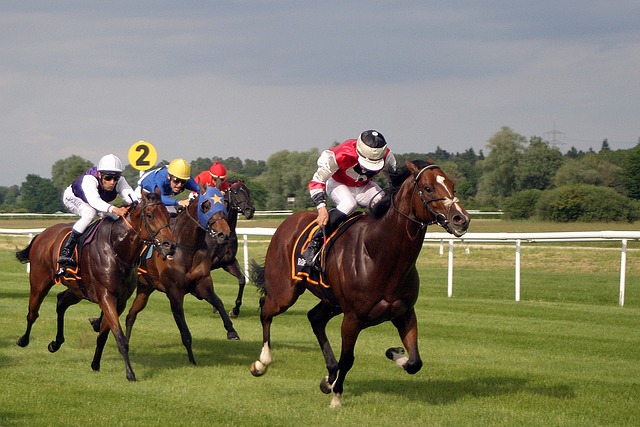In the folds of time, where science merges with the occult, man has always tried to decipher the mysteries of destiny. Today, with online betting tools, the future seems just a click away. But back in time, the ancients looked for signs in the heavens and in the bowels of the earth, betting on magic and alchemy to bend fate in their favor.
Astrology and divination: the heavens as gaming tables
Not only in laboratories, but also under the vast night sky, the wise men scrutinized the stars. Astrologers like Johannes Kepler in the 17th century devoted their nights to charting the stars, believing that celestial configurations influenced worldly affairs. For kings and merchants, consulting an astrologer was like placing a bet, hoping that heavenly counsel would guide decisions in battle or trade. Horoscopes were effectively battle plans against the chaos of fate.
Rituals and spells: the art of influencing fate
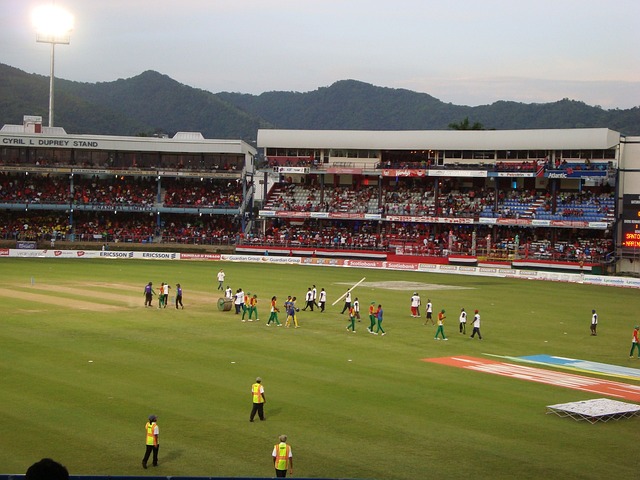
Beyond the walls of castles and royal courts, common people found refuge in darker rituals. Folk magic, spells, and amulets were common in homes and marketplaces. In times of uncertainty, when plague or war knocked at the door, these rituals intensified. For example, in the Middle Ages, European villages were no strangers to nocturnal ceremonies in the woods, where protection or the ruin of enemies was invoked with arcane formulas, almost as if betting on the effectiveness of words against iron and fire.
Tarot and fate: cards as mirrors of the soul
Now let’s move forward to the Renaissance, when the tarot was used not only for gambling, but also as a tool for divination. These cards, rich in archetypal symbols, were considered windows to the depths, tools for questioning the future. Those who consulted them, often in moments of choice or before great undertakings, believed they could glimpse the contours of destiny, like a player observes the cards of his opponent. Each reading was a gamble, an attempt to anticipate and therefore dominate future events.
Conclusion
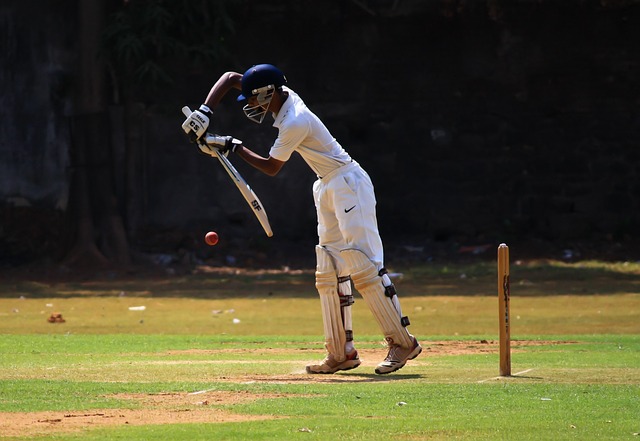
We cross the centuries, from Paracelsus to Kepler, stepping over the darkness towards the light of the tarot, bearers of secrets and omens. The urge to decipher and shape tomorrow is an invisible thread that binds humanity, a hidden river that flows powerfully beneath the crust of the everyday. Yesterday, as today, this is not mere folklore or ritual practice emptied of its original meaning. It was, is, and always will be a passionate and profound dialogue with the universe, a whispered conversation with the forces that dance just outside our sight.
Magic and gambling are not simple pastimes; they are expressions of an almost visceral search for security in a world oscillating on the axis of chaos. In every attempt at a spell, in every prediction and in every turned card, the echo of an ancestral human need resounds: that of shedding light on the unknown, of stemming the tumultuous torrent of fate.
Today, we are not so different from those who, centuries ago, scrutinized the flight of birds or the pattern of smoke to read the future.
